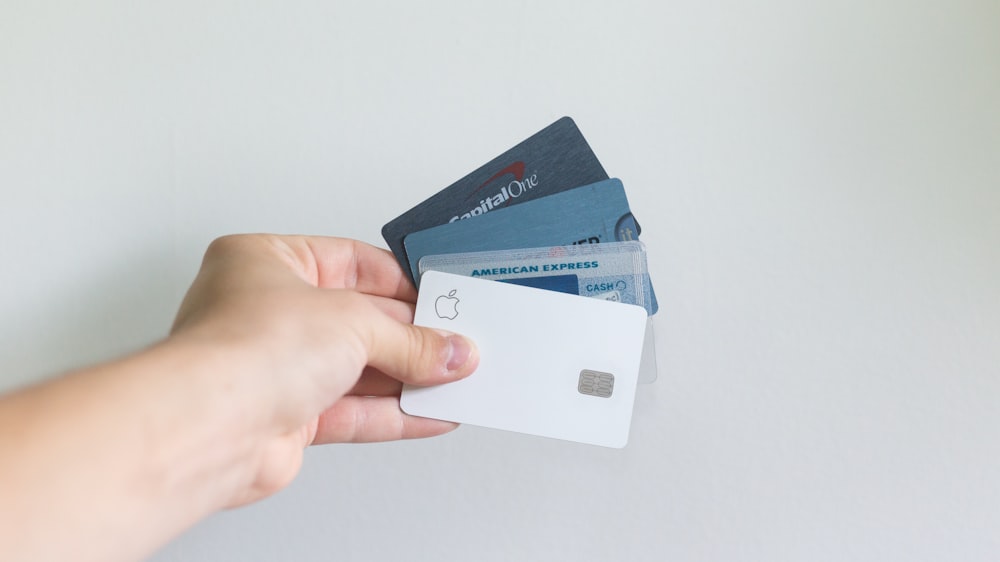Debt Management: A Comprehensive Guide to Financial Freedom

Debt is an inescapable part of modern life for many. While it can be a useful tool for achieving financial goals, it can also become a burdensome weight if not managed properly. In this comprehensive blog post, we delve deep into the world of debt management, exploring strategies, tips, and insights to help you regain control of your finances, achieve financial freedom, and secure a more stable future.
I. Understanding Debt:
- Types of Debt: Explore various forms of debt, including credit card debt, student loans, mortgages, and personal loans.
- The Debt Spiral: Discuss how debt can accumulate quickly if not managed effectively, leading to financial stress and instability.
II. Assessing Your Financial Situation:
- Debt Inventory: Explain the importance of taking stock of your debts, including their balances, interest rates, and minimum payments.
- Budgeting: Highlight the role of budgeting in gaining a clear understanding of your income, expenses, and potential areas for savings.
III. Creating a Debt Repayment Plan:
- The Snowball Method: Discuss the effectiveness of the debt snowball method, which focuses on paying off the smallest debts first.
- The Avalanche Method: Explore the debt avalanche approach, which prioritizes paying off debts with the highest interest rates.
- Debt Consolidation: Examine how debt consolidation loans or balance transfers can simplify repayment.
IV. Building a Healthy Credit Score:
- Credit Report Review: Encourage readers to check their credit reports regularly to identify errors and monitor their credit history.
- Credit Card Usage: Discuss responsible credit card usage and how it impacts credit scores.
- Timely Payments: Stress the importance of making payments on time to maintain or improve credit scores.
V. Cutting Expenses and Increasing Income:
- Expense Trimming: Provide practical tips on reducing discretionary spending and cutting unnecessary expenses.
- Exploring New Income Streams: Discuss ways to supplement income through part-time work, freelancing, or the gig economy.
VI. Emergency Funds and Savings:
- Establishing an Emergency Fund: Explain why having an emergency fund is crucial to prevent falling back into debt during unexpected financial challenges.
- Saving for Future Goals: Discuss the importance of setting financial goals and saving for them systematically.
VII. Seeking Professional Guidance:
- Financial Advisors: Explain how financial advisors can provide personalized debt management strategies and investment guidance.
- Debt Counseling: Discuss the role of credit counseling agencies in helping individuals manage their debt and create structured repayment plans.
VIII. Avoiding Common Debt Traps:
- Credit Card Misuse: Highlight the dangers of revolving credit card balances and making only minimum payments.
- High-Interest Loans: Discuss the risks associated with payday loans, high-interest installment loans, and other predatory lending practices.
- Lifestyle Inflation: Explain how increasing spending as income rises can lead to chronic debt.
IX. Debt Management Tools and Resources:
- Debt Management Apps: Provide an overview of popular debt management apps and their features.
- Educational Resources: Share websites, books, and courses that can help individuals gain financial literacy and make informed financial decisions.
X. The Psychological Aspect of Debt:
- Dealing with Debt Stress: Offer strategies for managing the emotional toll of debt, including meditation, counseling, or support groups.
- Staying Motivated: Discuss the importance of staying motivated throughout the debt repayment journey and celebrating milestones.
XI. The Path to Financial Freedom:
- Debt-Free Milestone: Celebrate the moment of becoming debt-free and emphasize the freedom it brings.
- Building Wealth: Discuss how to redirect funds formerly used for debt payments toward savings and investments.
Conclusion:
Debt management is not just about repaying what you owe; it's about regaining control of your financial destiny. By understanding your financial situation, creating a solid repayment plan, and making responsible financial choices, you can conquer debt and pave the way to financial freedom. Remember, the journey may be challenging, but the rewards are immeasurable – a life free from the shackles of debt and the ability to secure a more prosperous and stable future for yourself and your loved ones.























![[LIVE] Engage2Earn: Save our PBS from Trump](https://cdn.bulbapp.io/frontend/images/c23a1a05-c831-4c66-a1d1-96b700ef0450/1)









![[ℕ𝕖𝕧𝕖𝕣] 𝕊𝕖𝕝𝕝 𝕐𝕠𝕦𝕣 𝔹𝕚𝕥𝕔𝕠𝕚𝕟 - And Now What.... Pray To The God Of Hopium?](https://cdn.bulbapp.io/frontend/images/79e7827b-c644-4853-b048-a9601a8a8da7/1)






